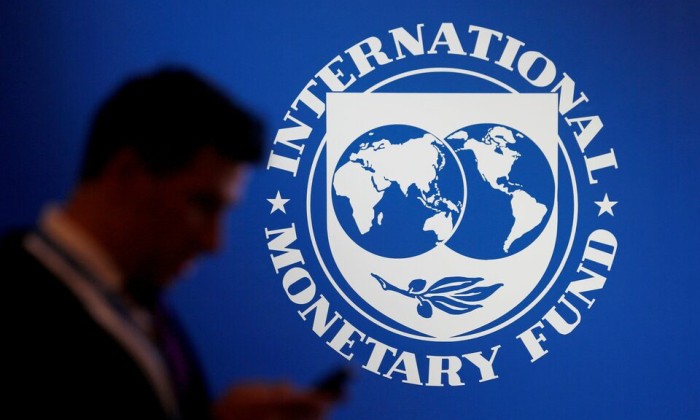


Shanta Devarajan, the former acting Chief Economist at the World Bank, emphasized the critical need for Sri Lanka to reduce its debt-to-GDP ratio, going beyond the International Monetary Fund's target of 95%. In a webinar organized by the Youth Liberal Movement, he highlighted the vulnerability of Sri Lanka's economy to potential shocks, such as conflicts in the Middle East, and stressed the necessity of bringing down the debt-to-GDP ratio even further to mitigate such risks. Despite successful debt restructuring efforts, Devarajan noted that achieving a ratio of 95% still poses challenges for a country like Sri Lanka. To address this, he underscored the importance of increasing the growth rate, essentially elevating the denominator in the debt-to-GDP equation, to effectively lower the government's overall debt burden.
According to the IMF's Debt Sustainability Analysis, Sri Lanka is required to reduce its debt-to-GDP ratio to 95% by 2032 from 128% in 2022, while also limiting gross financing needs and foreign debt service within specific thresholds during the same period. Devarajan also pointed out the accountability imposed on governments by borrowing from capital markets, where recklessness in fiscal policies can lead to immediate repercussions such as credit rating downgrades or higher interest rates on bonds. He emphasized that this mechanism serves as a tool for fiscal discipline, driven by external creditors primarily concerned with financial returns rather than the political dynamics within Sri Lanka. However, Devarajan cautioned about the complexities involved when dealing with official creditors, as their interests may diverge and evolve over time, as evidenced by instances such as Sri Lanka's decision to decline a significant loan from Japan intended for infrastructure development.